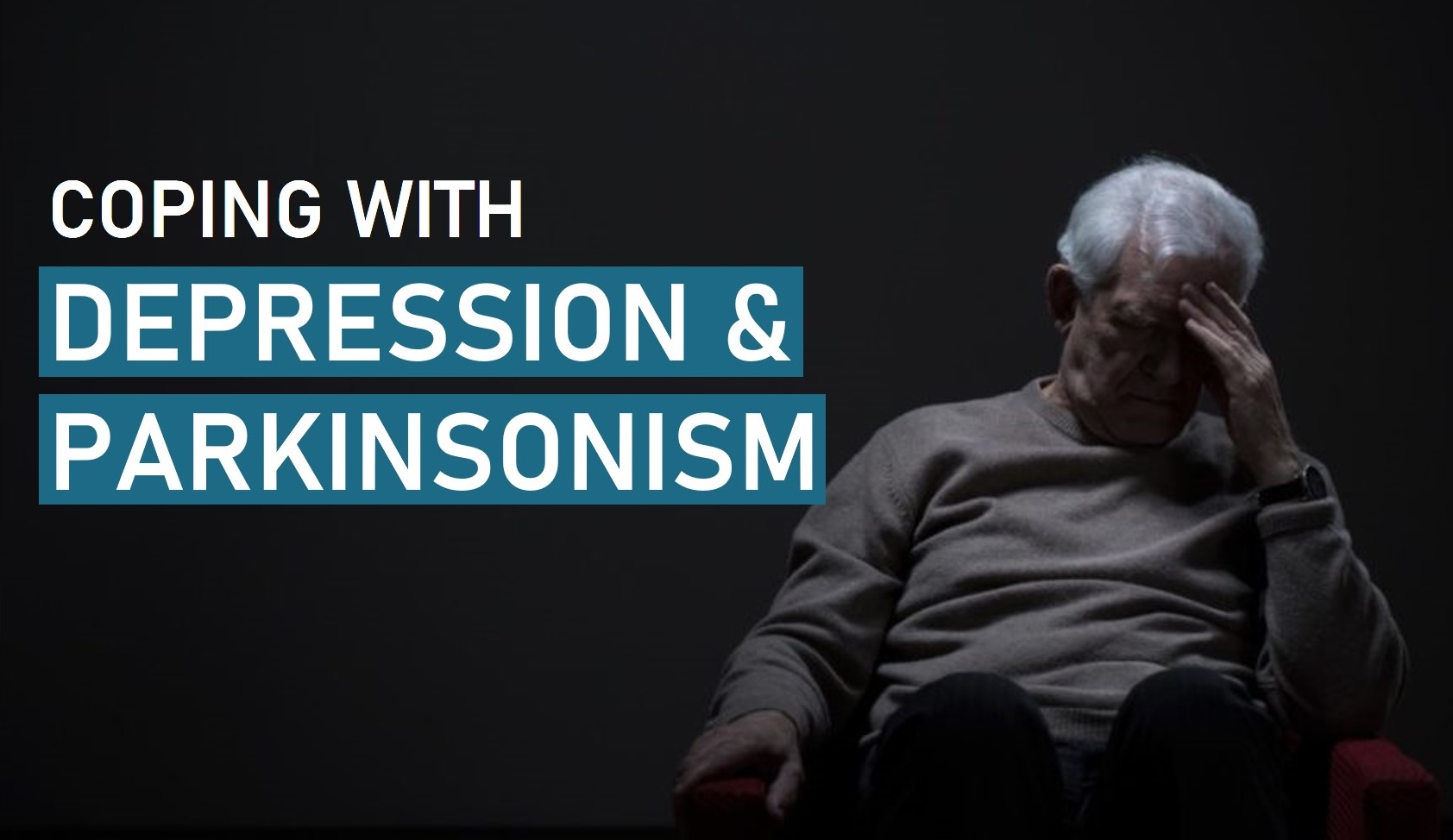Depression is common in people with Parkinson’s Disease (PD). So we can tell that mood and Parkinsonism has a connection. Often, the depression begins years before any of the other symptoms of Parkinson’s disease begin.
Studies indicate approximately 50% of people diagnosed with Parkinson’s disease also have a mood disorder like depression.
A person may experience depression at any time in the course of PD, even before diagnosis. In addition, the symptoms of depression may come and go. It’s important to know that depression can intensify both the motor and cognitive symptoms of PD.
What are Symptoms of Depression in Parkinson’s Patients?
Symptoms of depression in Parkinson’s patients are no different than in the person without PD. Unfortunately, the physical symptoms of depression such as slow speech, slower movements, downcast eyes and fatigue are a challenge to diagnose in someone with Parkinson’s disease because they are also symptoms of the disease itself.
Further symptoms differ from person to person. Some of the common symptoms include:
- Prolonged sadness
- Loss of interest in activities
- Decreased attention to health
- Fatigue
- Change in eating habits
- Frequent complaints of aches and pain
- Sleep difficulties
- Feeling helplessness
- Thoughts of suicide
- Crying
Treatment for Depression with Parkinsonism
Depression in PD patients is often overlooked and undertreated. So if you are aware of the symptoms, it can be treated effectively.
Many people with Parkinson’s aren’t treated for their depression because they do not recognize they have a problem. Family members or friends can get a notice of such symptoms. It is also recommended:
- Get screened for depression once a year
- Discuss mood changes with your neurologist
- Bring a family member to doctor’s appointments to talk about your mood and potential depression symptoms
Like tremors and other motor symptoms of Parkinson’s disease, depression can be improved with medications. Mild exercise is proven to have an effect on improving mood and depression, as well as help with mobility issues that go along with Parkinson’s disease. Simple activities such as walking, stretching, yoga can have a significant impact in such case.
The right medications, treatments and the right support system can make living with Parkinson’s disease more manageable.
If you have Parkinson’s and are concerned about your depression, reach your neurologist and get consultation. Remember depression is just a chemical imbalance of the brain and not a sign of weakness. Getting proper treatment in time can significantly improve your quality of life.

